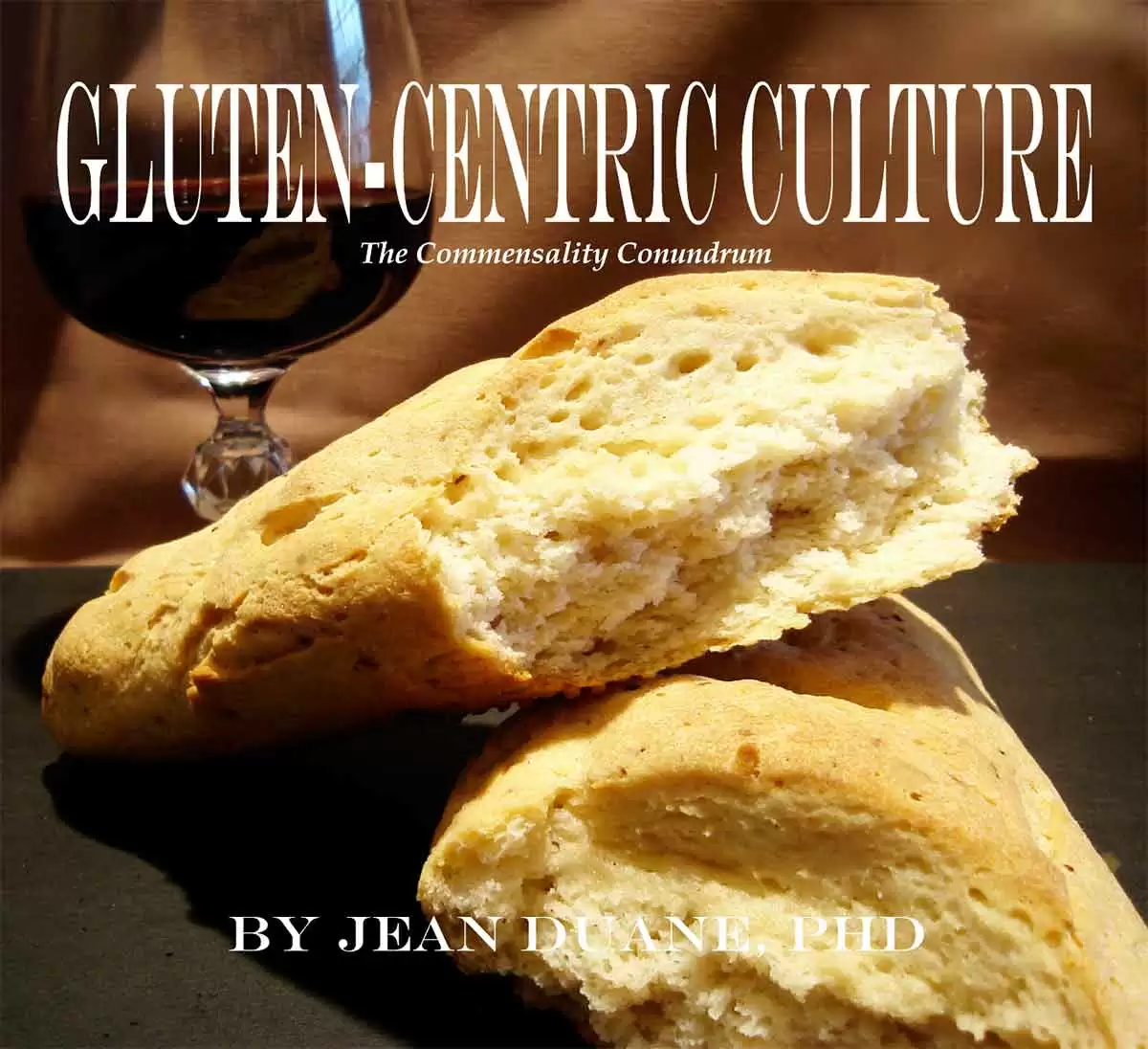
Celiac.com 01/24/2023 - As with many studies sponsored by well-intended disease support groups, a recent qualitative study claims to link negative media portrayals of celiac disease with negative impacts upon people with celiac disease. However, the study, though well-meaning, is deeply flawed, and its conclusions are suspect. The study sets out to answer an important question: Is negative media coverage about celiac disease having a negative effect on people with celiac disease and gluten-intolerance? The problem lies in the methods used to gather information, the questions asked or not asked, and the conclusions drawn from that information.
Researchers Satvik R. Verma and Manpreet Bains set out to describe and analyze the nature of the media coverage of celiac disease. They are affiliated with theTrauma and Orthopaedics, Kingston Hospital in London, and the Faculty of Medicine & Health Sciences, University of Nottingham in Nottingham, GBR.
Celiac.com Sponsor (A12):
To begin, they commissioned a document analysis of local and national UK newspaper articles over three weeks, from May 2nd to May 22nd, 2016, ensuring coverage of articles from Coeliac Awareness Week. The team used Kantar Media of London to collect articles that used celiac disease-related language, and analyze them using a combination of thematic and content analysis techniques.
They then used "an inductive approach" to code articles into themes, and to present frequency data. They included a total of four hundred eighty-eight articles in the analysis, with 233 in week one, 117 in week two, and 138 articles in week three.
Articles exhibited one of six overarching themes: events around Awareness Week and food content noted as gluten-free (gluten-free); raising awareness; encouraging people to seek help; and other health implications and perceptions of celiac disease and the gluten-free diet, of which a significant proportion consisted of articles by Coeliac UK.
They found both positive and negative articles. They noted that the number of negative newspaper articles rose sharply during Coeliac Awareness Week, with instances of negative articles rising in week one, and even more sharply in week three.
From this information, they concluded that "mixed messaging" negatively impacted the potential and current patients with celiac disease, especially in relation to gluten-free diet adherence and diagnosis rates.
The problem is that they don't have any actual data. They are simply saying that they found some negative articles and then concluded that those negative articles "negatively impacted the potential and current patients with celiac disease, especially in relation to gluten-free diet adherence and diagnosis rates."
The conclusion sounds serious: Namely, that negative articles about celiac disease and gluten-intolerance are having negative effects upon people with celiac disease.
Data Don't Support the Conclusion
Based on what? Because they don't offer any data, even anecdotal, about the effects of these articles on people with celiac disease, they don't even seem to have a good correlation argument, let alone a causation argument.
It's possible that this is true, but they need a great deal more data to prove their case.
Right now, they're stuck with saying: we found a bunch of negative articles on celiac disease, and we THINK those are having a negative effect on people with celiac disease. But they offer no solid evidence to support that conclusion. They call this a qualitative study, but try to slip in a quantitative conclusion. That is, if they want to say that a certain number of people are affected in a certain way by negative celiac articles, then they need to do a better job of quantifying the effect.
How many people are affected by negative celiac coverage? How are they affected? What's the damage? Without better methodology, and better data, this study simply fails to provide any clear picture of the supposed damage done to people with celiac disease, or even the exact nature of the "negative" coverage.
Studies like this may sound important, and my even seem to show something, but they are deceptive. By simply assuming their conclusion, the study does no one any favors.
Why Does it Matter?
The study simply fails to prove that "negative" articles during Celiac Awareness Week translate into actual harm to people with celiac disease and gluten-intolerance, and even though this conclusion may seem self evident, a properly done study would not jump to this conclusion.
To be meaningful, the study needs to do more to both describe the "negative" articles, and to clearly document their affect on people with celiac disease and gluten-intolerance. And it must, at some point, link the two with solid quantitative, not qualitative data.
Read more at Cureus 14(12): e32444.









Recommended Comments
There are no comments to display.
Create an account or sign in to comment
You need to be a member in order to leave a comment
Create an account
Sign up for a new account in our community. It's easy!
Register a new accountSign in
Already have an account? Sign in here.
Sign In Now